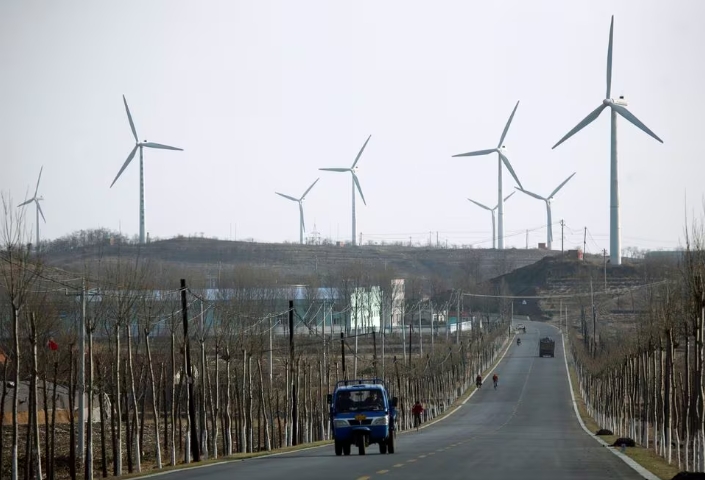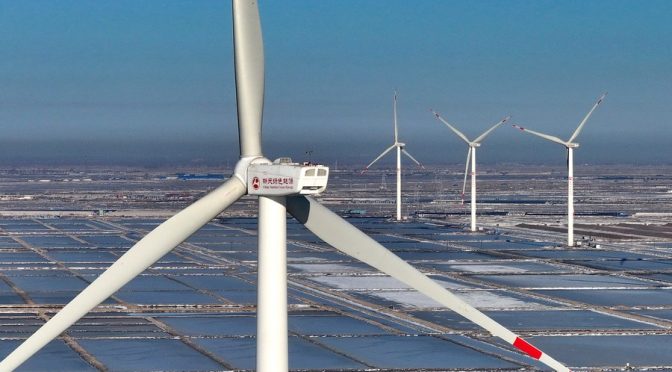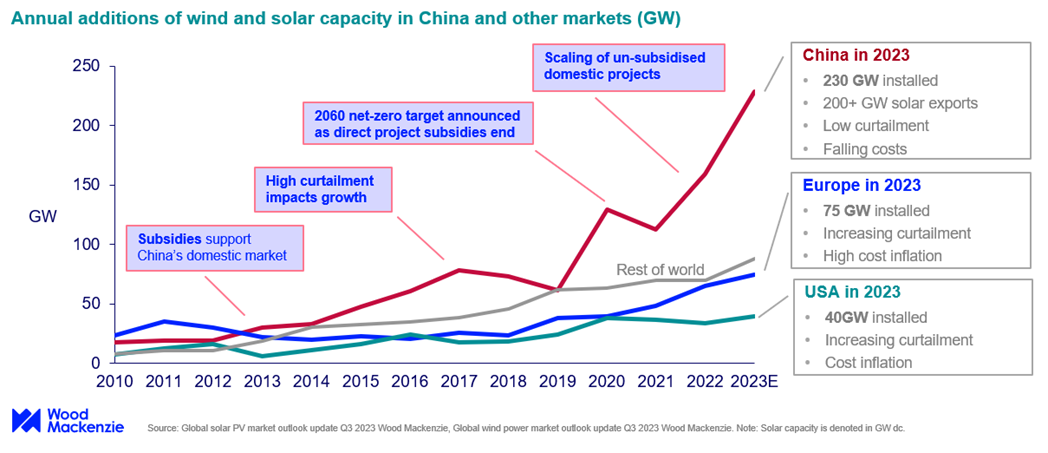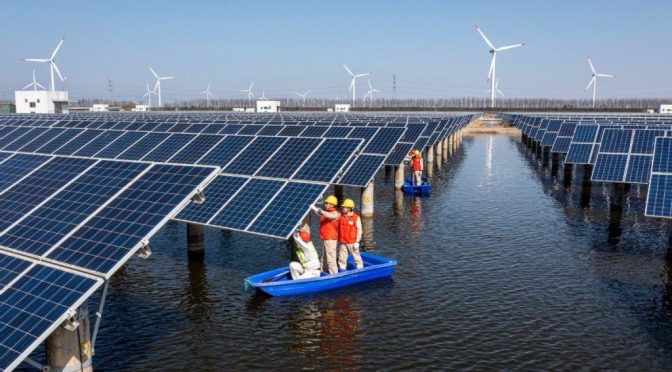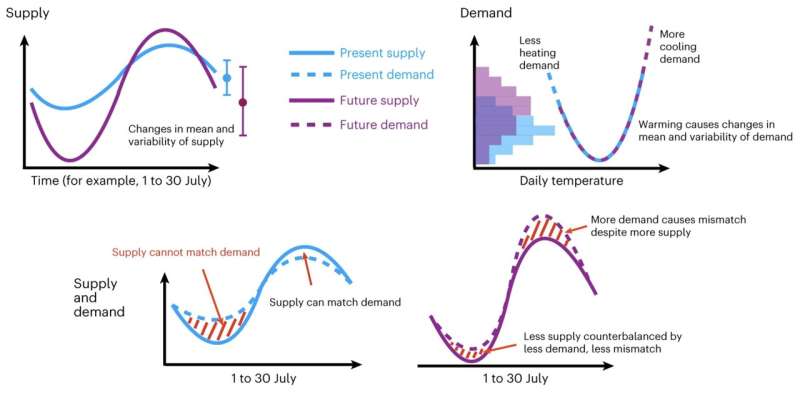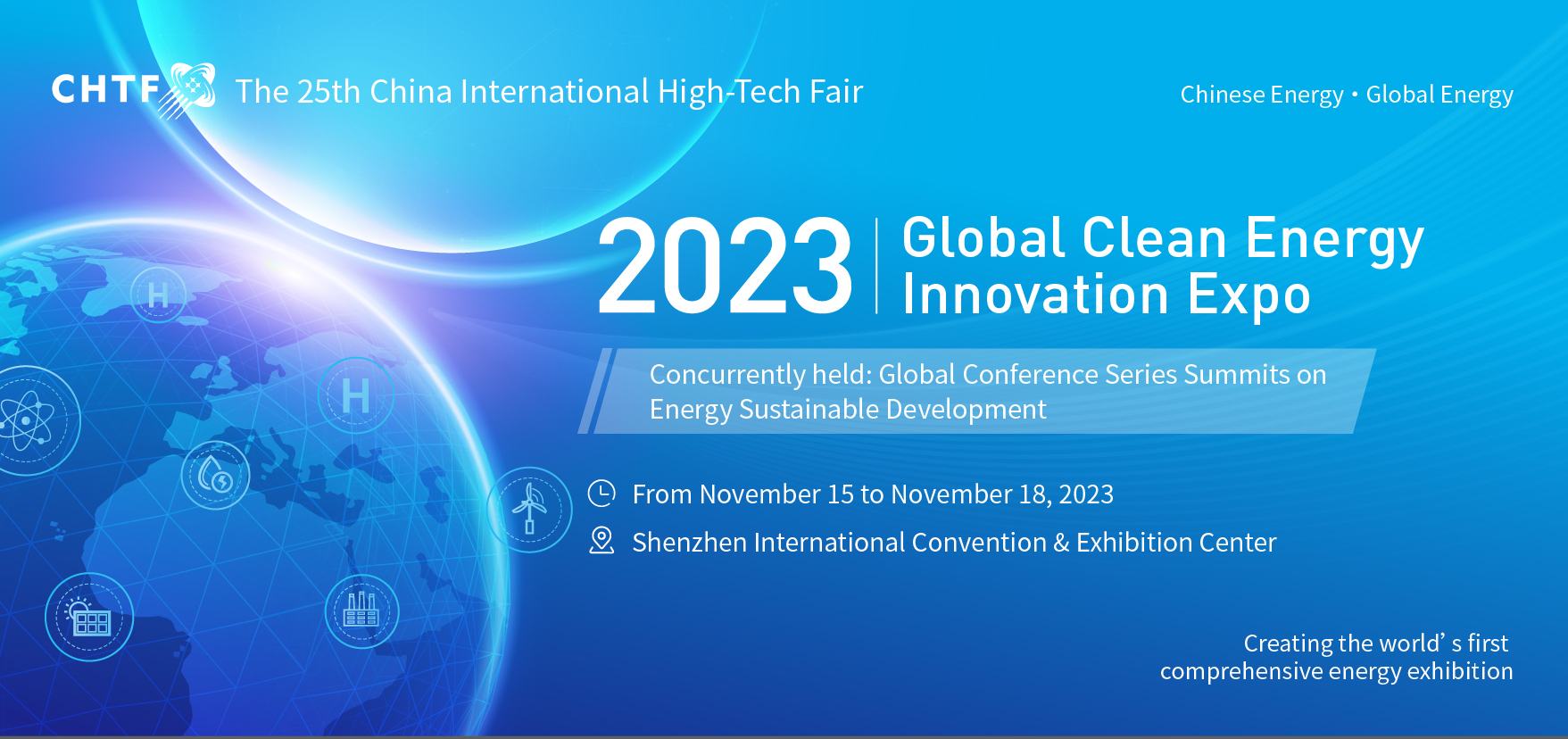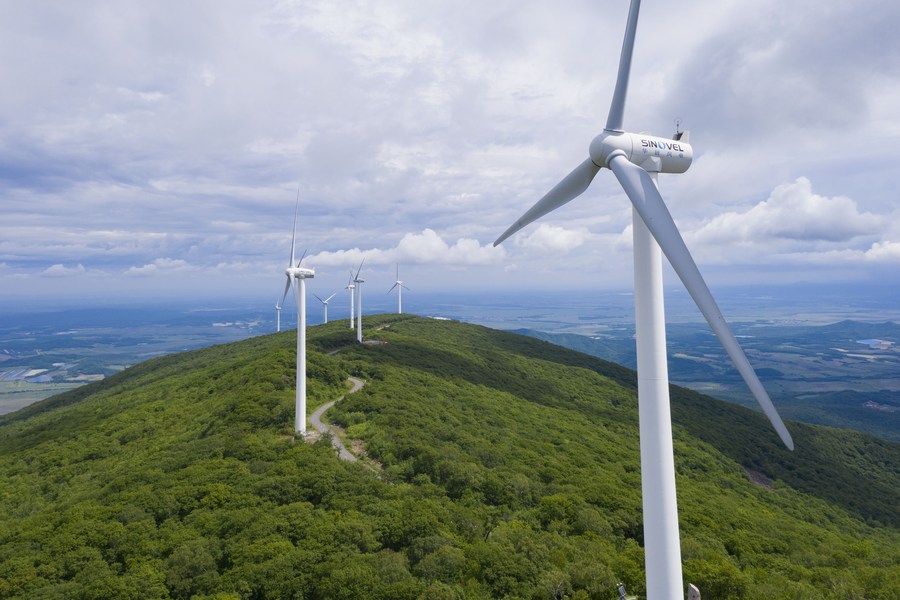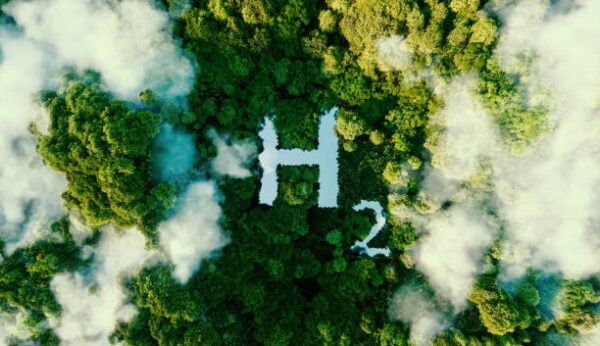
The funding will be allocated to six projects in the US. Image: iStock.The US Department of Energy (DOE) allocated US$9.3 million in federal funding to six green hydrogen projects earlier this week (11 June) to support the clean energy carrier’s adoption.
The projects will focus on advancing hydrogen systems that convert various waste feedstock materials into clean energy with superior environmental performance to help achieve the Biden-Harris Administration’s decarbonisation goals.
The government released a statement stating that the projects selected under this funding, provided by the Office of Fossil Energy and Carbon Management, will “advance the performance, reliability, and flexibility of existing and novel methods to produce, transport, store, and use hydrogen”.
Selected projects will help communities by decreasing the waste sent to landfills and creating local economic opportunities by locating new waste-to-energy plants in these communities. These waste-to-energy plants will produce green hydrogen.
“More than 95% of the hydrogen produced in the United States comes from natural gas without the capture and geologic storage of carbon dioxide,” said Brad Crabtree, assistant secretary of Fossil Energy and Carbon Management.
“By investing in projects that advance the use of waste feedstocks and integrating hydrogen-based systems with carbon capture, we are helping reduce the carbon footprint and costs to produce clean hydrogen.”
Projects to benefit from the federal funding
The first to receive funding is GTI Energy (Des Plaines, Illinois), which aims to demonstrate a gasifier feed control system that produces clean hydrogen from biomass and waste feedstocks.
Lehigh University (Bethlehem, Pennsylvania) will demonstrate a system that produces clean hydrogen from biomass, waste plastics, and legacy coal waste feedstocks.
Stevens Institute of Technology (Hoboken, New Jersey) will develop a wireless artificial intelligence-powered sensor system to enhance the competitiveness of gasification-based systems utilising challenging mixed solid feedstocks to produce hydrogen.
The University of Connecticut (Storrs, Connecticut) aims to develop a new class of sensors to improve the efficiency of solid waste and biomass feedstock-based gasifiers for hydrogen production
Baker Hughes (Oklahoma City, Oklahoma) will integrate novel and commercial state-of-the-art technologies to demonstrate a hydrogen-blended natural gas turbine system coupled with carbon capture.
The final organisation to receive funding is the Electric Power Research Institute (Palo Alto, California), aiming to develop a model to assess the net zero capability and performance of new and existing gas turbine combined cycle plants when operated with hydrogen fuel blending and carbon capture.
